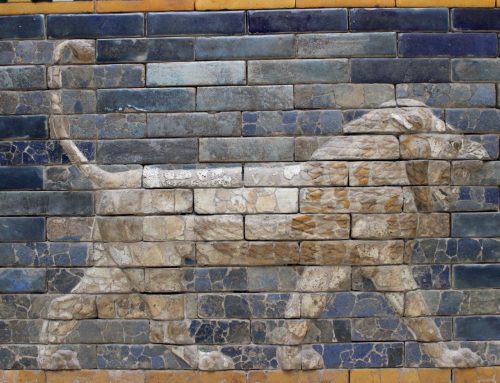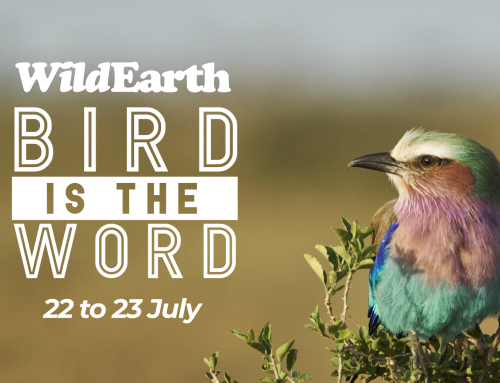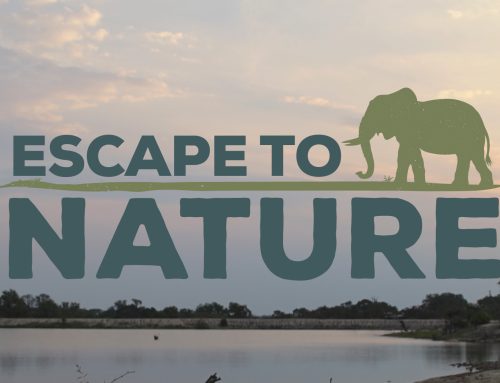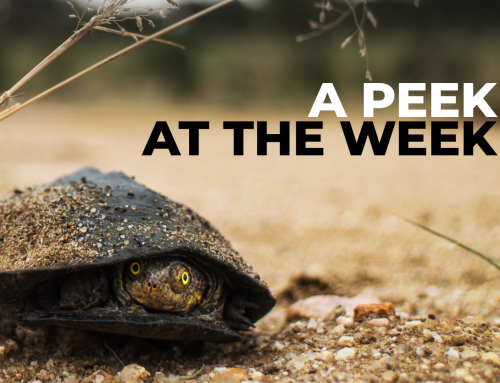A thick-knit sleeve pulled down to your fingertips as you wrap your hands around a radiating tin cup. Your nose is still numb as the wind finds its way to what little bare skin is left. Citronella and the indescribable smell of dust waft by you as the rising sun breaks through the chill. You’re on a sunrise safari in the middle of winter and no caramel-drip-half-shot cup of coffee has ever woken you up quite as well as this.
Growing up in the city of Johannesburg, I am somewhat familiar with the timeless winter tradition of heading out to the “berg”, an affectionate term for the Drakensberg Mountains, and into the bush to temporally escape the bone-chilling climate of the city. In winter, Johannesburg takes on a dusty hue, as the greenery fades and smog from the endless flurry and fuss floats over the city. The standard buzz that oscillates through the streets is slowed to a hum muffled by countless layers and indoor havens. Thus it has become one of the prescribed times of the year, that city slickers yearn for the great outdoors. So road-trip snacks are packed, board games are stacked and everyone dons their puffy jackets and nature-appropriate apparel as they venture to the lowveld.

Johannesburg has always been my home, it is a place that never stops and I am a person who can never sit still, we fit. However, no matter how promising the plan, the call of a cosy blanket is inescapable during the winter months. Luckily, at the beginning of June, I found myself, like many of my friends, biding my time until my own bushveld adventure came along. Although for slightly longer than a weekend, my move to The Greater Kruger National Park was seasonally suitable. Apart from avoiding a start in the sweltering summer sun, winter is a particularly favourable season to be in the bushveld. The warmer days and campfire friendly evenings come travel agent recommended and, most importantly, the insect population is significantly smaller while the wildlife sightings are notably more numerous. Bar the sigh of relief spurred on by removing litres of sunscreen and mosquito repellent from my bag, I had reasoned that being this close to nature, particularly with the stillness that I imagined came with the season, I would find a renewed sense of calm, like most high-strung weekenders who go in search of relaxation while in the wild.
However, that notion of relaxation can be said to have shifted, as I sit here, heart racing from the realisation that one of the resident lion coalitions, the Avoca males, were mere metres from the front gate that I had wandered through moments earlier. For wildlife, this season is less about sundowner Instagram stories and rather about survival. Although life is epitomized by the birthing and flowering of spring, life is tested through the trials of winter. Like our own real-life portrayal of the trials and tribulations of a certain television show, sustenance could be said to be the throne of the bushveld as winter gets well and truly on its way. Predators and prey encroach upon each other’s territories, with the aim to survive the season and their surroundings. The dense terrain thins, evening the playing field for horned and clawed creatures alike. The idyllic image of myself sipping tea, watching impala hoof through the grass while birds twitter in the distance has been completely over-run by echoing alarm calls followed by surprise appearances from our favourite cat characters. Granted, I am still sipping tea through all of this, but it is mostly distracted slurps while I watch equally in anguish and excitement as to what will happen next. The season is one of action and suspense. As the cold heightens the risk and restricts the possibility for reward, prey and predator find themselves at the watering hole waiting for the other to blink.

Maybe that’s the real reason behind the weekend venture from the highveld to the lowveld. Might it have less to do with rest and relaxation and more to do with rejuvenation of one’s sense of survival? The wake-up you need to get back in step with the hustle and bustle of the city streets and survive the urban predators through the metal and glass thickets. One thing is for certain, perched on the back of a rumbling game drive vehicle with the morning sun and a warm cup finally bringing the feeling back to your fingertips, listening intently for the crackle of dry leaves that would set you back on the track of a light-footed leopard, tends to drown out the longing call of that blanket back home.
Written by Emma Openshaw





